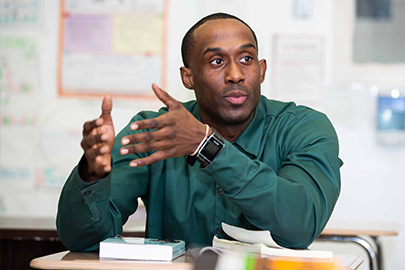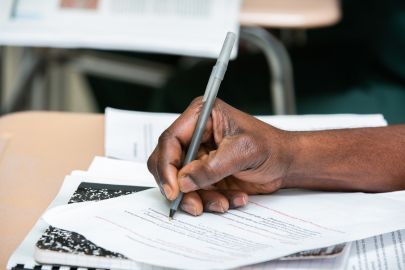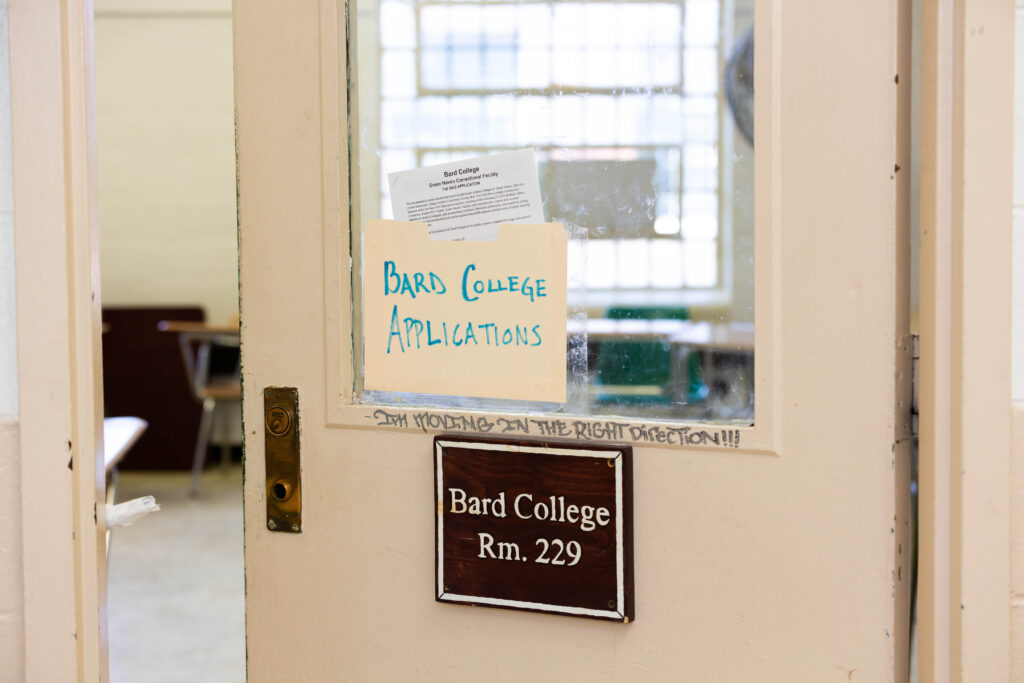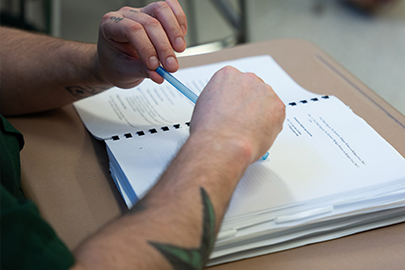Following President Botstein’s message declaring Friday, June 18, 2021 an official campus holiday at Bard College, the college shared further resources for those who wish to read, listen, reflect, and learn more about the historical and cultural significance of Juneteenth as a day of celebration and commemoration (to begin, see: https://www.nytimes.com/article/juneteenth-day-celebration.html).
BPI historians Delia Mellis ’86 Director of Program and Faculty Development and Jessica Neptune ’02 Director of National Engagement have joined our colleagues in Bard’s American Studies and Africana Studies (many themselves BPI faculty) Pete L’Official, Julia Rosenbaum, Tabetha Ewing, Myra Armstead, Christian Crouch, Drew Thompson, John Ryle, and Kwame Holmes (BPI Cohort Advisor, BardBac), and added suggestions below.
Reading list
Brittney Cooper, https://theremix.substack.com/p/is-juneteenth-for-everybody
Du Bois, Black Reconstruction
Martha Jones’s new book, Vanguard
Steven Hahn, A Nation Under Our Feet
Litwack, Been in the Storm So Long
maybe Deborah Gray White’s Too Heavy a Load though it starts in 1894
Ida B. Wells’ autobiography, Crusade for Justice, recent edition with a foreword by Eve Ewing
Delia Mellis ’86
On defining and shaping Black freedom post-emancipation:
Tera Hunter, To ‘Joy My Freedom
Julie Saville, The Work of Reconstruction
Rebecca Scott, Degrees of Freedom
Martha Jones, Birthright Citizens
Steven Hahn, A Nation Under Our Feet
On the criminalization of Blackness post-emancipation in the field of carceral studies:
Douglass Blackmon, Slavery By Another Name
Sarah Haley, No Mercy Here
Talitha LeFlouria, Chained in Silence
Douglass Flowe, Uncontrollable Blackness
Khalil Gibran Muhammad, The Condemnation of Blackness
and
Daryl Michael Scott, The Scandal of Thirteenthism
Jessica Neptune ’02
Clint Smith’s just-released book of essays, How the Word Is Passed: A Reckoning with the History of Slavery Across America does a wonderful job of addressing both the historically specific, and the broader context of how slavery is and has been understood (and, more often than not, how it has been rather intentionally misunderstood).
Here’s a quick Twitter thread of the author recounting the places in which the book’s essays are rooted, one of them being Galveston, TX: https://twitter.com/ClintSmithIII/status/1399728461435056136
Pete L’Official
Karen Cox, No Common Ground: Confederate Monuments and the Ongoing Fight for Racial Justice (just out)
Maurice O. Wallace, Shawn Michelle Smith, Pictures and Progress: Early Photography and the Making of African American Identity
John Stauffer, Zoe Trodd and Celeste-Marie Bernier Picturing Frederick Douglass
Susan Stessin-Cohn and Ashley Hurlburt-Biagini, In Defiance: Runaways from Slavery in New York’s Hudson River Valley, 1735-1831
Julia Rosenbaum
Ralph Ellison’s posthumously published novel titled Juneteenth.
Tabetha Ewing
Annette Gordon-Reed, On Juneteenth
David Blight, A Slave No More
for children/younger readers: Patricia C. McKissack and Frederick McKissack, Jr., Days of Jubilee
Myra Young Armstead
Deborah Willis and Barbara Krauthamer, Envisioning Emancipation: Black Americans and the End of Slavery
Tiya Miles, All that She Carried: The Journey of Ashley’s Sack, a Black Family Keepsake (hot off the presses by a MacArthur winning historian)
Kimberly Drew and Jenna Wortham, Black Futures (recent release, multimedia and arts focused)
Alaina Roberts, I’ve Been Here all the While: Black Freedom on Native Land (another 2021 release — especially interesting thinking about post CW in the “West” in light of the Tulsa discussions)
Skip Gates’s recent PBS series “Reconstruction: America after the Civil War” (important context to think about what freedom looked like and meant in practicality)
Christian Crouch
Christina Sharpe, In the Wake: Blackness and Being
Saiyida Hartman, Wayward Lives, Beautiful Experiments
Drew Thompson
Paul Robeson https://www.youtube.com/watch?v=gtLcELU1brA
John Ryle
Congressional testimony by remaining Tulsa survivors demanding reparations (free from Congressional grandstanding) https://www.youtube.com/watch?v=i3L1e90L9cE
Also, here’s a powerful historicized memoir, “Memory, Memorials, and History” from Alisha Hines of Wake Forest University published on Black Perspectives, https://www.aaihs.org/memory-memorials-and-history/
Kwame Holmes



